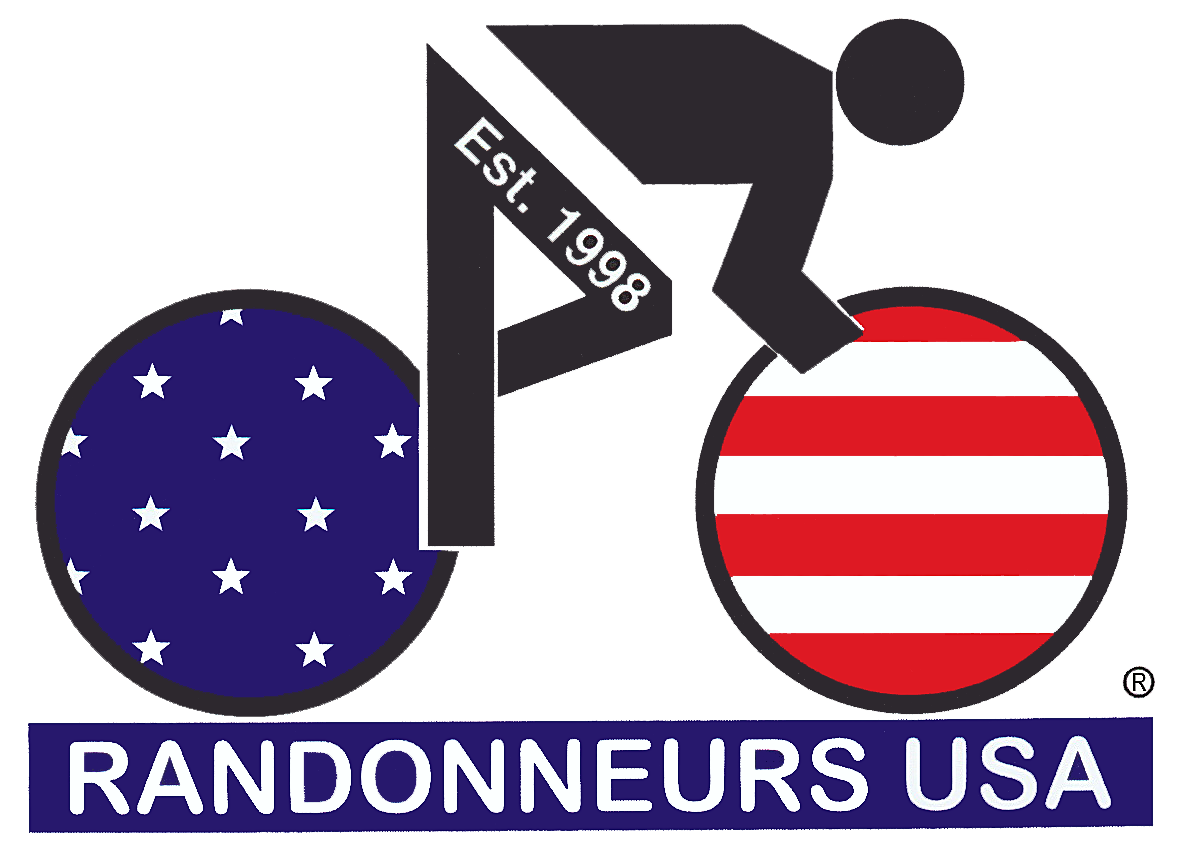The 2007 edition of Paris-Brest-Paris has captured the imagination of randonneurs all over. Already this spring, I've had the pleasure of participating in events in three other regions in addition to Seattle. While speaking to fellow riders on these events, while helping at Seattle's events, while attending 2 different regional PBP seminars, and while reading my e-mail, I have realized that interest in PBP is stronger than ever.
For new randonneurs, for experienced randonneurs planning their first PBP, and even for "anciens" (PBP veterans), preparing for PBP involves a lot more than physical conditioning. Many, many questions arise. Gear: What bike should I ride? What should I carry with me? How should I carry my stuff? What lighting system should I use? Travel: How do I get to France? Where should I stay? How do I get my bike there? Training: How do I prepare to ride all night? Do I need to ride a 600km straight through? Do I need to ride a 1000km brevet? How do I stay in shape between the qualifiers and PBP? The event: What start time should I choose? Do I need my own lodging en route? What will the weather be like? How much French do I need to know?
Riders will answer the questions above (and others) in many different ways. There are probably as many ways to finish PBP as there are anciens. One of the most interesting aspects of PBP is the wide variety of bicycles, equipment, riding styles, and approaches to the ride. Fast carbon racing bikes and steady steel tourers share the road. Riders sleep in hotel rooms, in control dormitories, and in ditches. The common denominator of success is determination.
No one-size-fits-all answers exist to the many PBP questions, but RUSA has a vast wealth of experience to offer. This experience can be tapped on our website, in the RUSA Handbook, in the past PBP Yearbooks, and on the local and global e-mail lists. But maybe the best source of information is right near you on a qualifying brevet. For example, 46 riders on Seattle's recent 200km brevet had previously completed PBP or another 1200km (or more) brevet. They weren't clustered in the front of the pack, either. Some finished in under 8 hours, others in over 12 hours.
Similar experience can be found all over the country. In Arizona for a 300k, I spoke with John Hughes and Lon Haldeman, who have each finished five PBPs and Mike Myers (3 PBPs). In San Diego for a 300k, I attended a PBP seminar hosted by Dennis Hearst (4 PBPs) and Tim Sullivan (3 PBPs). Before the Davis 400k, I had dinner with Lois Springsteen (4 PBPs), Vince Sikorski (3 PBPs), and saw many other anciens. At Susan Plonsky's 600k, I chatted with fellow rider Tom Baker (4 PBPs).
As you develop your plans for PBP and as your questions arise, look for the veterans. They will be happy to tell you what worked for them and what they'd recommend. With their guidance and with the experience that you already have and that you will gain between now and August, you will craft your own successful path to Paris and Brest and back again. Bon courage! See you in Paris.
—Mark Thomas
